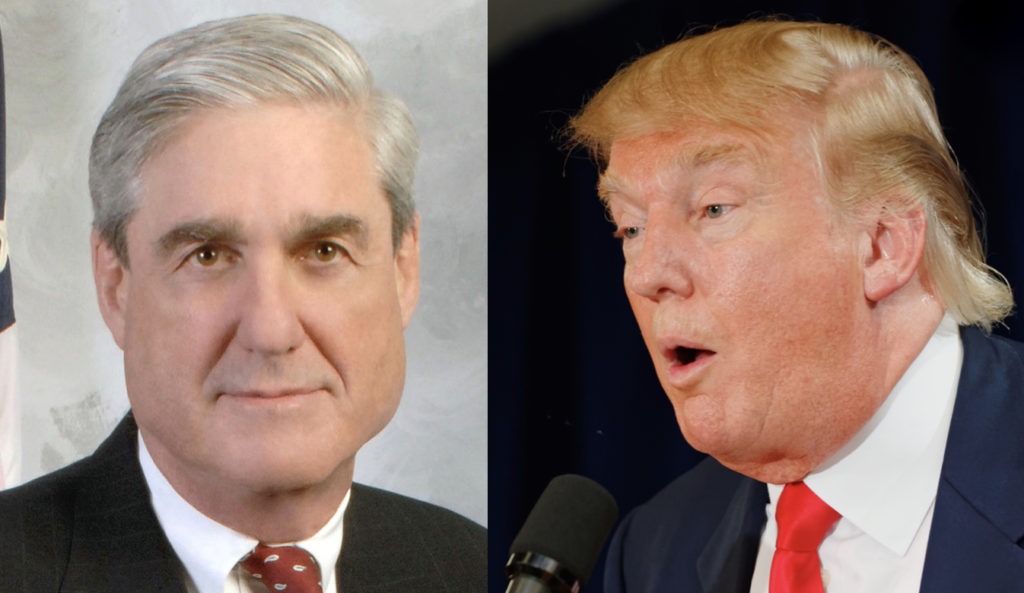Supreme Court rules on who Donald Trump can and can’t fire

On Thursday, the Supreme Court of the United States issued its opinion in Lucia et al v. Securities and Exchange Commission, a case involving the question of whether administrative law judges (“ALJs”) are considered “Officers of the United States.” If the ALJs are deemed to be Officers, then they are subject to the Appointments Clause of the Constitution, which provides in part:
“and [the President] shall nominate, and by and with the Advice and Consent of the Senate, shall appoint Ambassadors, other public Ministers and Consuls, Judges of the supreme Court, and all other Officers of the United States, whose Appointments are not herein otherwise provided for, and which shall be established by Law; but the Congress may by Law vest the Appointment of such inferior Officers, as they think proper, in the President alone, in the Courts of Law, or in the Heads of Departments.”
In Lucia, which was one of the first cases where the Trump administration reversed positions in cases on appeal with the change of administrations, Justice Kagan issued the opinion for the Supreme Court, holding that ALJs are Officers of the United States, and so the Securities and Exchange Commission does not have the power to appoint these ALJs. The opinion is a 6-3 decision, with Breyer concurring in part and dissenting in part.
What is of particular note in this decision is what is not discussed. Donald Trump’s Solicitor General, Noel Francisco, had intervened in the case, seeking clarification regarding Trump’s power to fire all “officers of the United States” who “exercise significant authority.” The reality was Francisco (who would oversee the Mueller probe if Rosenstein were fired) was asking the Supreme Court to address this “removal” issue.
In Breyer’s part concurrence, part dissent, he specifically addressed the firing issue and discussed his approach that would include Congress. Breyer notes the phrase “by Law” is included in the Appointments Clause twice and would appear to permit Congress to determine inferior officers versus Officers, with Breyer noting that the answer to how he would classify the ALJs depends on the answer to their civil service protections.
The Supreme Court did not go where Francisco and Trump requested with respect to whether Donald J. Trump could fire any officer of the United States. Notwithstanding that fact, one might expect Trump and his team to try to use this Lucia decision for a broader proposition than it was intended.

Daniel is a lawyer writing and teaching about SCOTUS, and is the author of the book “The Chief Justices” about the SCOTUS as seen through the center seat.
